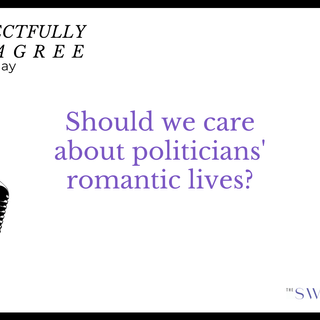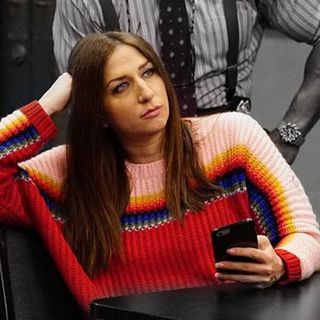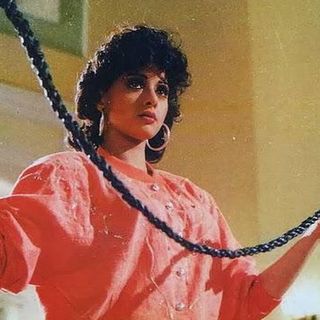The first time the two male leads in Shubh Mangal Zyada Saavdhan — Aman Tripathi (Jitendra Kumar) and Kartik Singh (Ayushmann Khurrana) — make out in the middle of a wedding among family members, chaos ensues. A perturbed uncle throws his jacket over their heads, making up a story about an obscure wedding ritual that requires two men touching their mouths; the father stares, dumbfounded, at the two, seemingly oblivious men making out under the jacket; the mother looks around, confused, never having been in such a situation before and mostly concerned with restoring normalcy.
Set in a conservative middle-class household in Allahabad, Uttar Pradesh, one would think two men kissing would have incited a stronger reaction than simply bewilderment, but in doing so, Shubh Mangal Zyada Saavdhan succeeds in showing a kind of homophobia we never really encounter in pop culture — one that stems from ignorance, not malice; one that manifests as confusion, not a threat.
Aside from Tripathi’s father, played by Gajraj Rao, who threatens to kill himself and later beats up Singh in slow motion to a background soundtrack, most of the homophobia directed at the couple takes more benign forms. Tripathi’s uncle betrays eager curiosity when he asks if people decide to be gay or are born that way. His mother (Neena Gupta), relating to her son’s experience, laments her own lost love and realizes she’s being a bad person for trying to keep her son away from his partner. Each family member’s struggle to come to terms with Tripathi’s sexuality takes them down a road of self-reflection that tempers their homophobia, doing justice to the coming out of real queer people and their families, who must often try to repair shattered worldviews.
Related on The Swaddle:
This Is What It’s Like to Come Out As Queer in India
The successful portrayal of coming to terms with homophobia, however, is buried deep, deep down in Shubh Mangal Zyada Saavdhan. A majority of the film oscillates between a #loveislove Public Service Announcement served up by Singh at the most inopportune of times (he starts lecturing an unsuspecting child singing the “Jack and Jill” nursery rhyme that it should be “Jack and Johnny”) and an awkward improv skit that seldom has any direction or relevance in its comedy. Add a dollop of the ill-defined, savior-like dudeness that Khurrana brings to Singh’s character, and it becomes difficult to see the valuable message Shubh Mangal Zyada Saavdhan is propagating — tolerating the movie till the end becomes a feat in itself.
If Khurrana is unconvincing in Shubh Mangal Zyada Saavdhan — jumping from a macho man to an anti-homophobe preacher to an emotional victim within minutes — Kumar’s Tripathi is more grounded, stable, and persuasive. As much as Khurrana comes off as a hetero guy pretending to be brave enough to play a gay character on screen, Kumar delivers the best, most compelling performance of the film.
At the end of the day, the film may understand and adequately unpack homophobia, but when it comes to understanding queer relationships, it falls back on awkward hugs and performative kisses between Tripathi and Singh, none of which manage to convey the strength and depth of the relationship they’re fighting so hard to save. Once again, Bollywood — an industry that has been homophobic for a majority of its existence and still is in most circles — tries to coast on a progressive issue, without putting in the work or consideration into doing it justice. Some would say we’re just starting out — Section 377 was scrapped a little more than a year ago, after all — and there is a long way to go. That may be true, but if we’re in store for cinema like this in the meantime? God help us.




